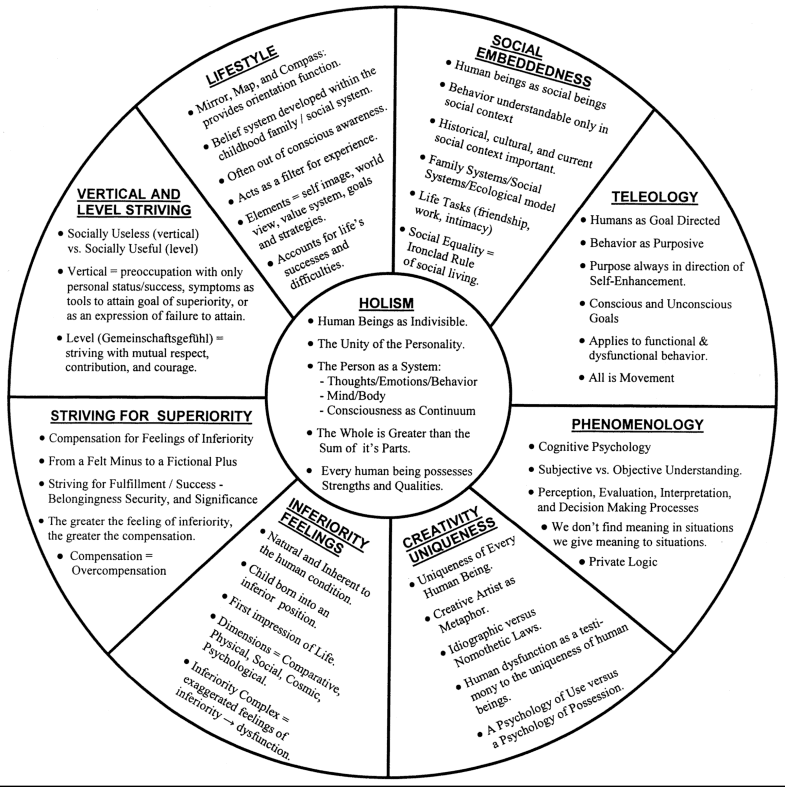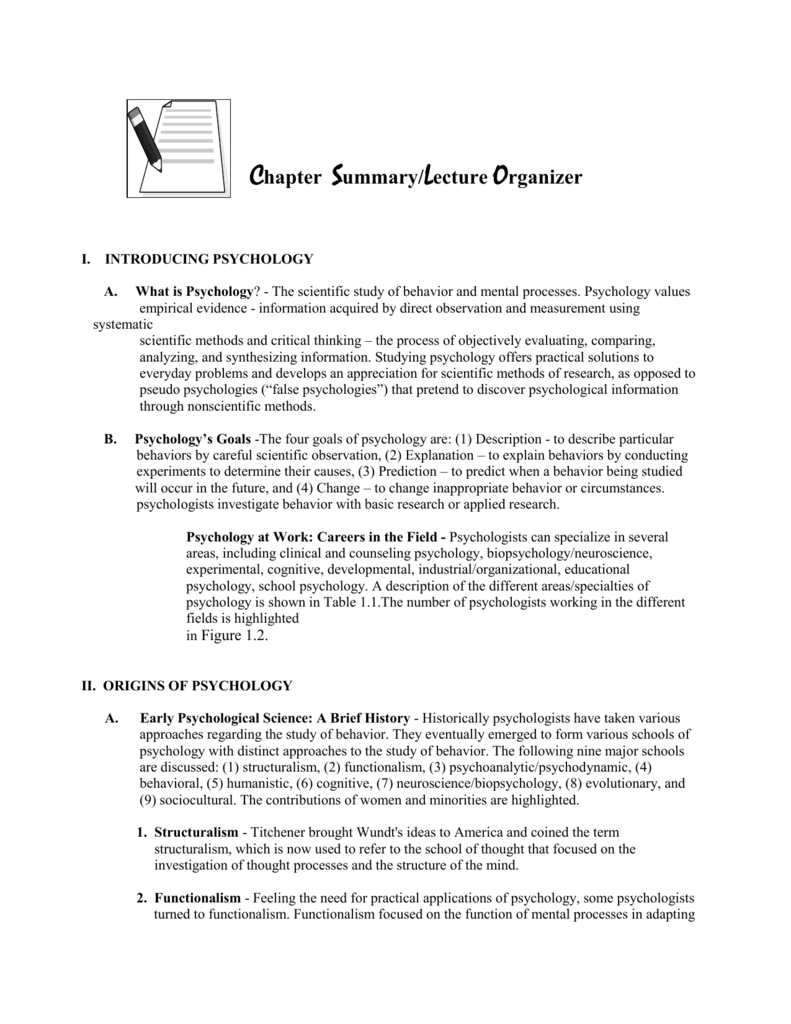

The creation of biologically plausible network models of human cognition.Neuroimaging (fMRI) studies examining how we value and choose things.How our visual systems create our stable perception of the world.Modeling decision processing in memory, perception, numeracy.Experimental, brain imaging, and model-based approaches to perception, memory, decision making, action, and language.

Mindfulness and cognitive functioning in older adults.Neuroplasticity in healthy aging and neurological disorders.Effects of exercise on psychological and cognitive functioning.Psychological and behavioral adaptation to chronic health problems.Testing and dissemination of psychological treatments for cancer patients.Biobehavioral responses to cancer diagnosis and treatment.The treatment of mood and personality disorders using cognitive behavioral therapies.Endocrine and immune regulation of brain and behavior.Sex-related differences in brain function.Neurogenesis and brain plasticity across the life span.Factors influencing plasticity of brain and behavior through development and into adulthood.The field of psychology is considered a "Hub Science" with strong connections to the medical sciences, social sciences, and education (Boyack, Klavans, & Borner, 2005).Īt Ohio State, the Department of Psychology is organized into eight areas, working to investigate critical aspects of the brain and human behavior. Psychologists are actively involved in studying and understanding mental processes, brain functions, and behavior. Psychology is the scientific study of the mind and behavior.


 0 kommentar(er)
0 kommentar(er)
